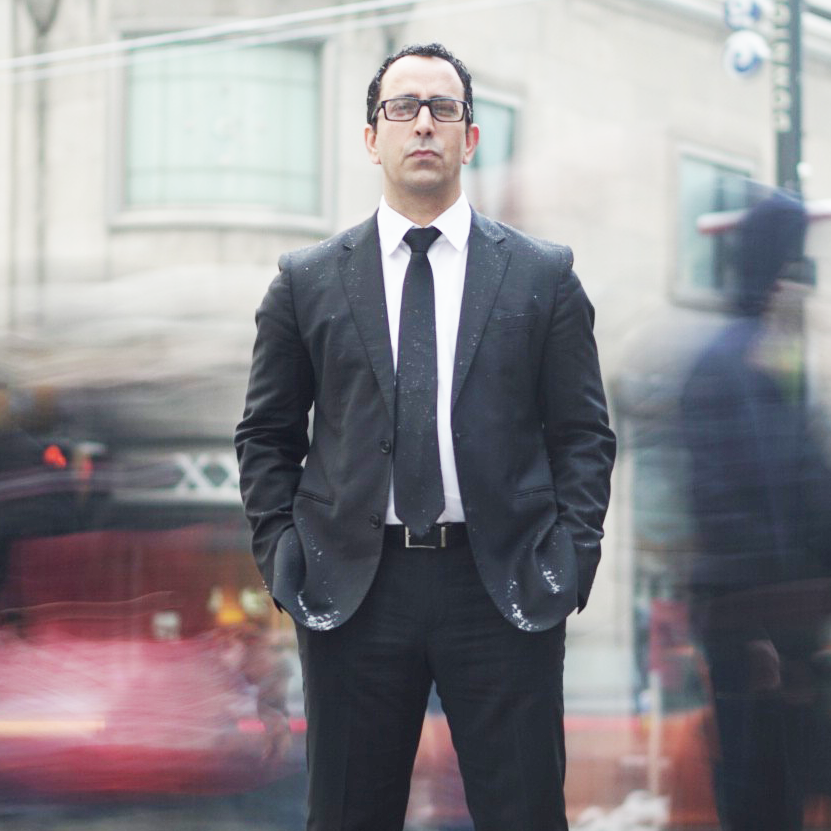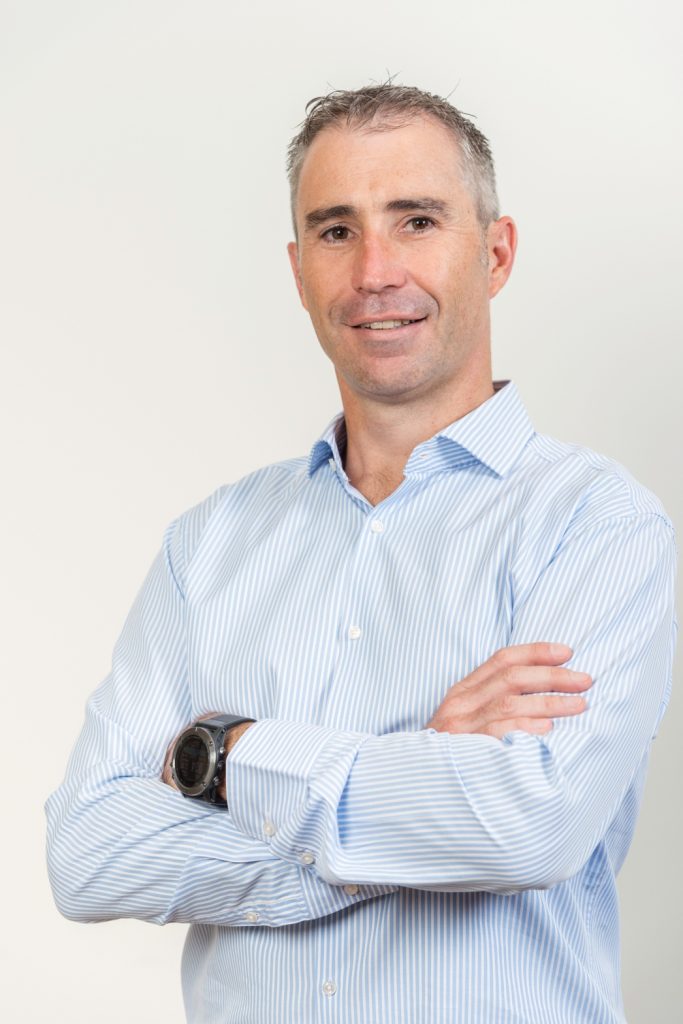
Today our lives are governed by technology. From the moment we wake up in the morning to the last thing we do before we go to bed revolves around technology in one way or another. If you thought this was too much to handle and were going on digital detox sprees, then brace yourself for the future. It is only going to become even more pervasive and deeply rooted in our everyday lives.
At ServiceNow’s annual Future of Work event, which took place in Dubai recently, Ian Khan, Technology Futurist and CEO & Founder, Futuracy, reiterated the ubiquitous role technology will have and explained the different trends that will dominate the way we work and live in the future.
CXO Insight ME caught up with the Futurist to understand how regional enterprises can prepare for the trends that will shape our tomorrow.
“There is no doubt that technology will continue to seep through every aspect of our lives,” Khan said. “Our relationship with technology has changed drastically over the past few years and today we look at the world through our devices. People have adopted technology to the extent that it was unprecedented – transforming our expectations from life, entertainment, relationships and career.”
If we saw exceptional levels of technological adoption over the past few years, then it is only going to become even deeper, Khan explained.
As we move away from a hardware-driven world to a software-led one, technology is becoming more prevalent in various sectors.
“If you want to fit in this world driven by technology, you have to adapt to the evolving trends and adopt it.”
Khan believes we are still in the initial era of adopting to technology. “We are probably 20 years away from what we see in sci-fi movies,” he said. “There’s a lot of catching up that we need to do.”
So, in such a circumstance, what can regional enterprises do today to help their business and employees thrive in a technology-driven future?

According to Khan, the definition of work will change in the time to come. Today most of us define it by the tasks we do instead of the outcomes that are achieved. This is a shift that needs to occur, he said.
“In the future, companies that have a purpose behind them won’t believe in tasks alone and will lay emphasis on the output. This is the shift that humanity has to follow to go from the current definition of work to what it should be.”
For the moment, technology is keeping us in this sphere, where we are obsessed about completing tasks as fast as possible. But imagine a not too distant future where technology is automating almost 99 percent of tasks. What will then a person do for work?
Khan explained that this shift is not going to happen overnight, and it will be a gradual process.
“Soon, we will not depend on tasks for an income to live but our understanding and contribution to the world will be on a different level in terms of work,” he said. “We will move away from manual tasks to doing roles that are centred around empathy, critical thinking, being able to judge and so on. Machines will never have these abilities as it runs completely on algorithms.”
To be successful in the future, it is imperative that organisations have a clear purpose of what they stand for today. It is not about the products they create or the technologies that they have, but more about their long-term missions and how they can transform the lives of consumers and communities.
Khan urged regional businesses to “start investing and developing this kind of a mindset and culture.”
“Organisations’ future success depends on attracting the right generation and talent to work for them. Newer generations have been born and raised in a technology forward environment. Therefore, it is important for businesses to focus on the value they can offer and purpose they serve, rather than the tasks they provide.
“They have to think bigger. This will have an impact on who will work for them, how they will do it and the entire premise of the definition of work,” he added.
He explained that it is important for organisations to support collaborative experiences as this can lead to better outcomes. “Enterprises have to work with other agencies and technology providers to experiment on different things rather than waiting for a solution to be handed to them. This offers an opportunity to create unique solutions for your own firms.”
Understanding this, Mark Ackerman, Regional Director, Middle East & Africa, ServiceNow said that the digital workflow company is enabling organisations to focus on outcomes.
He said, “We are no longer having a solutions-focused or a features-to-function discussion. Our conversations with customers are now outcome-based.”
According to Ackerman, one of the challenges that organisations face today, which is keeping them from becoming outcome-based, is that they lack the role of a chief experience officer.
“Whose responsibility is it to ensure that the infrastructures, technologies, services and experiences are all in place to be able to deliver the desired outcome? This position is required to monitor experiences at the workplace,” he added. “There is a void in this area in most firms today and it’s because an individual like that will have to work across many different departments. Satisfied and happy employees can deliver better outcomes and be more productive.”
The biggest problem that enterprises will face in the future will be around talent shortage, Khan said.
“This is why it is also important to invest in employees and continuously offer trainings to help them grow and in turn increase a firm’s business,” he said.
Governments such as the UAE are investing today with the establishment of its AI university to teach students for future roles. More governments must undertake such initiatives.
Khan added, “Regionally, the UAE is leading the charge on innovation, technology and pushing the limits on what we can be in the future.”
Organisations should create growth-focused work environments with technology as the backbone, to enable employees achieve its overall outcomes and transform customers’ lives.










Discussion about this post